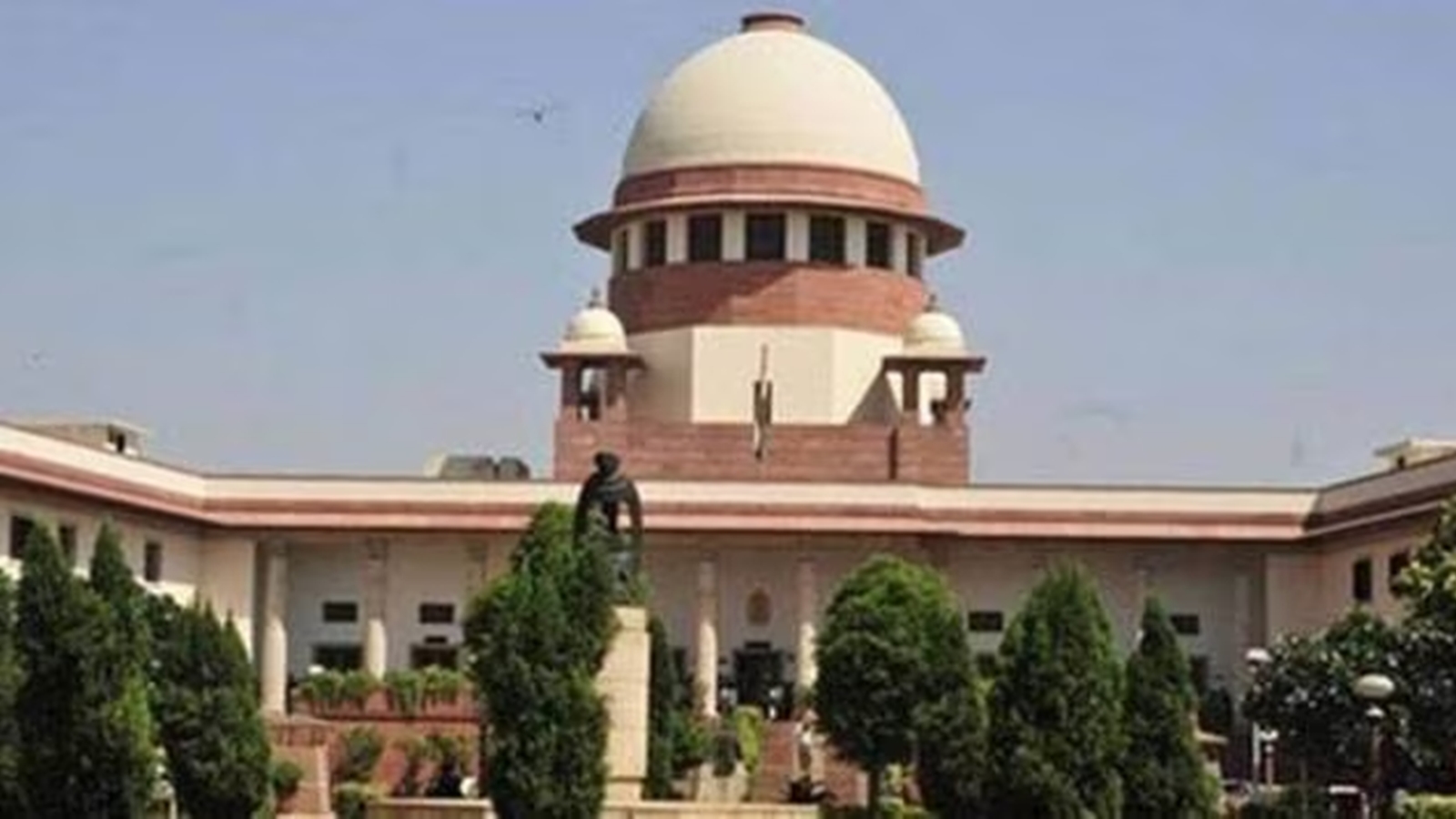Allegations of the prosecution may be very serious, but it is court’s duty to consider the case for bail in accordance with law
 KRC TIMES National Bureau
KRC TIMES National Bureau

New Delhi : The legal principle ‘Bail is rule, jail is an exception’ is applicable to offences even under special statutes like the Unlawful Activities (Prevention) Act, the Supreme Court on Tuesday ruled while granting bail to a man accused under the stringent anti-terror law.
A bench of justices Abhay S Oka and Augustine George Masih said if courts start denying bail in deserving cases, it will be a violation of fundamental rights.
“Allegations of the prosecution may be very serious, but it is court’s duty to consider the case for bail in accordance with law. Bail is the rule and jail is the exception applies even to special statutes. If courts start denying bail in deserving cases, it will be a violation of rights guaranteed under Article 21,” the bench said while pronouncing its judgement.
The verdict came while releasing a man named Jalaluddin Khan on bail. Khan was booked under the stringent provisions of the UAPA and other sections of now defunct Indian Penal Code for renting out upper floor of his house to alleged members of the banned organisation Popular Front of India (PFI).

According to the National Investigation Agency, probe revealed that the criminal conspiracy was hatched with an intention to carry out acts of terror and violence, leading to an atmosphere of terror and endangering the unity and integrity of the nation.
In furtherance of their conspiracy, the accused arranged rented accommodation in Ahmad Palace in Phulwarisharif (Patna) and used its premises for imparting training in commission of acts of violence, and holding criminal conspiracy meetings.
The Bihar Police had received information about a plan of accused persons to cause disturbance during the proposed visit of Prime Minister Narendra Modi in 2022. On a tip off, a raid was conducted by the Phulwarisharif Police on July 11, 2022 at the house of Khan


